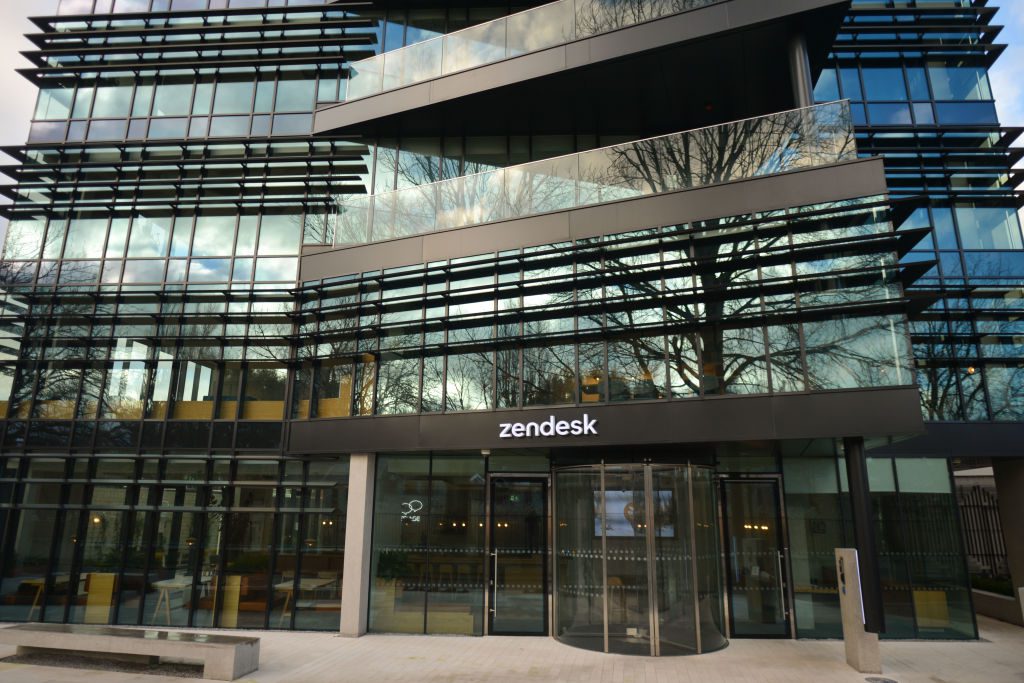
h-1b visa changes explained the loophole costing The recent changes to the H-1B visa program have significant implications for startups and the tech industry in the United States, as discussed in a recent episode of TechCrunch’s Equity podcast.
h-1b visa changes explained the loophole costing
Understanding the H-1B Visa Program
The H-1B visa program is a non-immigrant visa that allows U.S. companies to employ foreign workers in specialty occupations. These positions typically require theoretical or technical expertise in specialized fields such as IT, engineering, mathematics, and healthcare. The program has been a vital pathway for tech companies to access a global talent pool, particularly in sectors facing skill shortages.
However, the program has been under scrutiny for years, with critics arguing that it has been exploited by companies to hire cheaper labor instead of investing in domestic talent. Recent changes to the program aim to address these concerns, but they also introduce new challenges for startups and small businesses that rely heavily on foreign talent.
Recent Changes to the H-1B Visa Program
In the latest episode of the Equity podcast, host Dominic-Madori Davis and guest Jeremy Neufeld, Director of Immigration Policy at the Institute for Progress, discussed the implications of these changes. One of the most significant adjustments is the increased scrutiny of H-1B applications, particularly for companies that have a history of using the visa program to fill positions at lower wage levels.
Neufeld pointed out that while the intention behind these changes is to protect American workers, they may inadvertently hinder startups that are trying to compete with larger corporations. Startups often operate on tight budgets and rely on H-1B visas to attract skilled workers who can help them innovate and grow. The increased scrutiny may lead to longer processing times and a higher likelihood of application denials, which could stifle the growth of these companies.
The Loophole Affecting Startups
One of the critical issues discussed in the podcast is a loophole that allows companies to circumvent some of the stricter requirements associated with the H-1B visa program. This loophole has been exploited by certain firms to hire foreign workers without adequately demonstrating the need for these positions or the wages being offered.
Neufeld explained that this loophole primarily benefits larger corporations that have the resources to navigate the complexities of the visa application process. In contrast, startups often lack the legal and financial resources to compete effectively. As a result, they may find themselves at a disadvantage when trying to attract top talent.
Implications for Startups and the Tech Industry
The implications of these changes are far-reaching. For startups, the increased difficulty in obtaining H-1B visas could lead to a talent shortage, which may hinder their ability to innovate and compete in the market. This is particularly concerning in an industry that thrives on fresh ideas and diverse perspectives.
Moreover, the tightening of the H-1B visa program could lead to a brain drain, where skilled workers choose to pursue opportunities in countries with more favorable immigration policies. This could result in a loss of talent that is crucial for the growth of the U.S. tech sector.
Stakeholder Reactions
The reactions from various stakeholders in the tech industry have been mixed. Some industry leaders have expressed concern about the potential negative impact on innovation and competitiveness. For instance, many founders argue that the ability to hire skilled foreign workers is essential for their companies’ growth and success.
On the other hand, labor advocates have welcomed the changes, arguing that they will help protect American workers from being displaced by cheaper foreign labor. They contend that the H-1B program has been misused by some companies to undercut wages and exploit workers, and that reforms are necessary to ensure fair labor practices.
Future of the H-1B Visa Program
As the debate over the H-1B visa program continues, it remains unclear what the future holds. The Biden administration has signaled a willingness to reform the program, but the specifics of these reforms are still being discussed. Neufeld emphasized the need for a balanced approach that addresses the concerns of both workers and employers.
One potential solution could involve creating a more streamlined process for startups to apply for H-1B visas, allowing them to demonstrate their unique needs and contributions to the tech ecosystem. This could help ensure that startups have access to the talent they need while also protecting the interests of American workers.
The Role of Policy Advocacy
Advocacy groups and industry organizations are likely to play a crucial role in shaping the future of the H-1B visa program. By engaging with policymakers and raising awareness about the challenges faced by startups, these groups can help influence the direction of immigration policy.
Neufeld highlighted the importance of collaboration between the tech industry and policymakers to create a more equitable and effective immigration system. This collaboration could lead to reforms that not only benefit startups but also address the broader concerns surrounding labor market competition and wage protection.
Conclusion
The recent changes to the H-1B visa program represent a critical juncture for the tech industry in the United States. As startups grapple with the implications of increased scrutiny and potential talent shortages, the need for a balanced approach to immigration policy becomes increasingly apparent. The future of the H-1B visa program will depend on the ability of stakeholders to work together to create a system that fosters innovation while protecting the rights of American workers.
For those interested in a deeper dive into this topic, the full episode of the Equity podcast provides valuable insights and perspectives from industry experts. Understanding the complexities of the H-1B visa program is essential for anyone involved in the tech sector, particularly as the landscape continues to evolve.
Source: Original report
Was this helpful?
Last Modified: October 9, 2025 at 11:39 am
0 views















